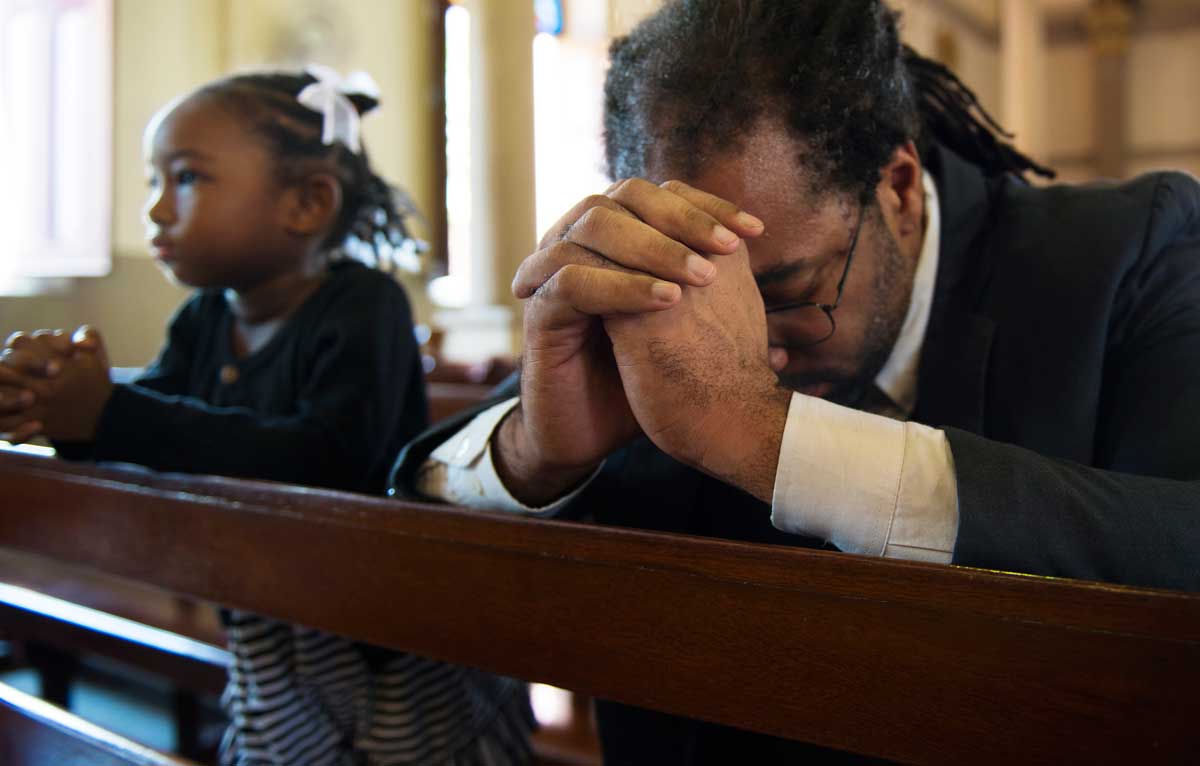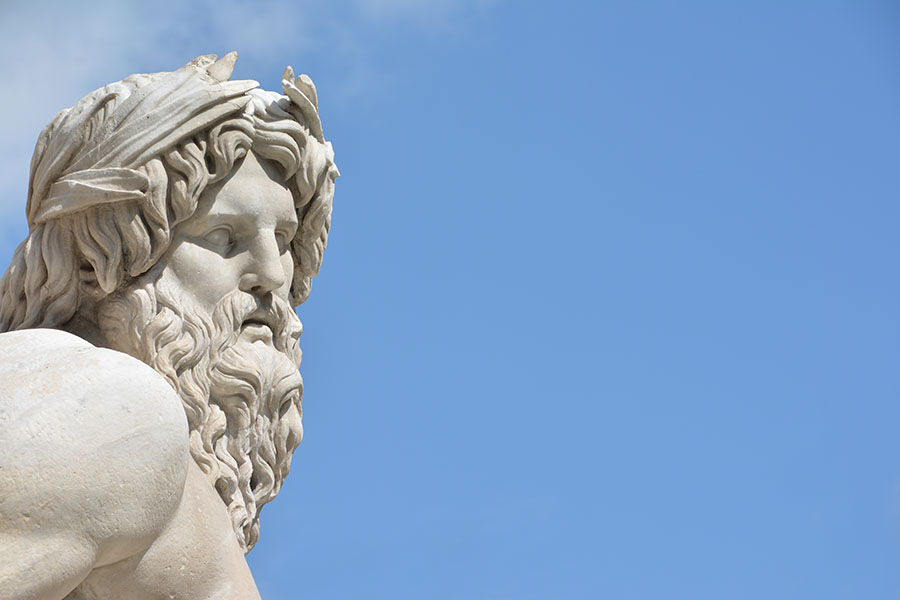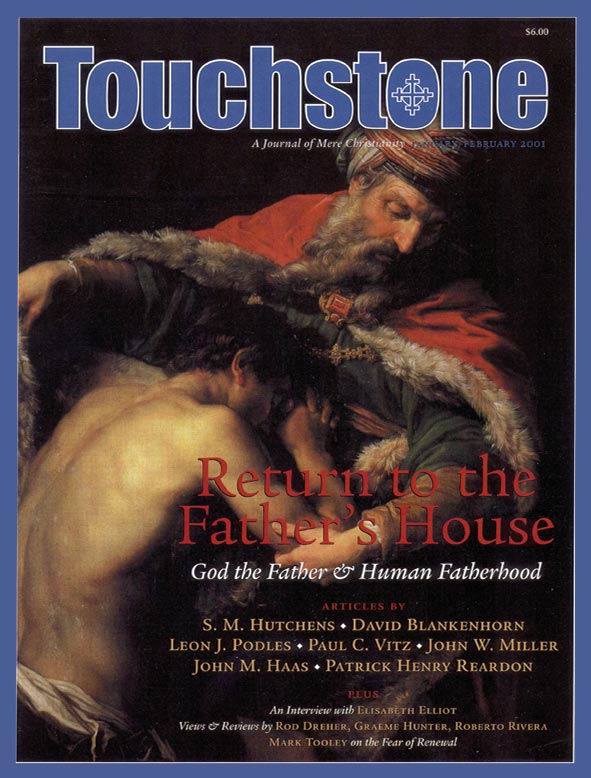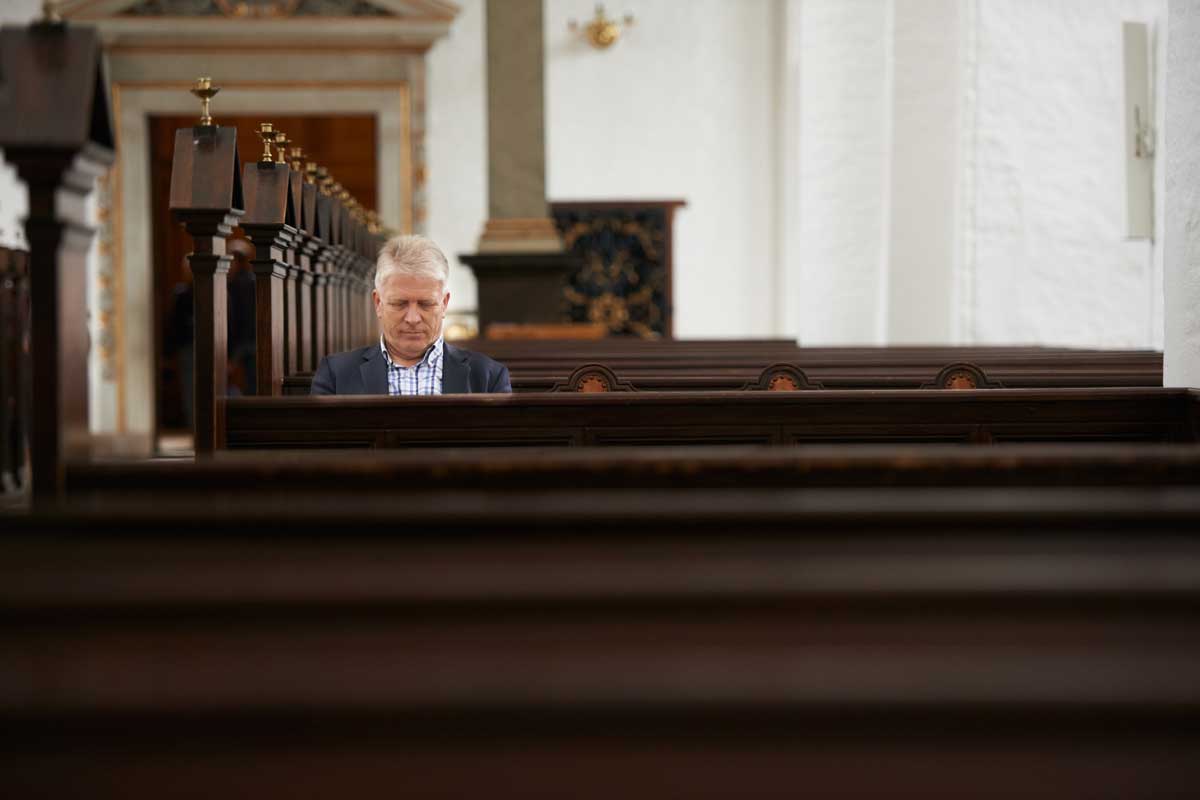The Father Almighty, Maker of Male & Female
A Psychologist Looks at the Importance of God the Father for Male & Female Identity
by Paul C. Vitz
It is widely recognized today that the Christian concept of God as Father is under attack. Specifically, various religious writers, primarily feminists, have proposed that God should be called Mother, or possibly the androgynous Father/Mother or Mother/Father. In some instances the term God as Parent has been proposed. In contrast, this paper will explore the psychological case for the orthodox understanding of God as Father. Obviously, this is a sensitive subject today—but where angels fear to tread, psychologists rush in.
But before getting to our primary subject, it is well worth summarizing some a priori reasons for not accepting the androgynous or feminized notion of God. To begin with, it should be clear that when people change the name for God, they have changed their religion. If a small group began to refer to God as Zeus, we would know that something non-Christian was going on. Likewise, when neo-pagans begin speaking of the “Horned God,” this modification is not without significant theological impact, to put it mildly. Changes in the name of God, therefore, are truly great changes because they mean that you are changing religions. For example, to reject God the Father as a name is to deny the basic Christian creeds. It is to deny the language of baptism, and of course to deny the entire theology of the Trinity upon which Christianity and its theology have been constructed.
But we can get even more specific. Jesus himself gave us the terminology for referring to God as Father. He expressed himself in this language often and with emphasis in the Gospels, and it is clear that the notion of God as Father is a major new theological contribution of Jesus himself. This means that to deny the language of God as Father is to repudiate Jesus and his message. Therefore, whether one admits it or not, to do this is to reject Christianity.
Modernism and Feminism
Aside from such theological considerations, there are also historical a priori reasons for not changing the name of God. Looking back, we see that the history of Christian heresies has been the history of succumbing to the spirit of different ages. Ours is the age of modernism, with a great emphasis on egalitarianism and on sexuality. These two elements have combined to create the modern emphasis on androgyny. Androgyny or unisex is the notion that sexuality, male and female, is not fundamental to our nature, that all forms of sexuality are equivalent and basically arbitrary. From an androgynous perspective, male and female are not part of the nature of reality—much less of the nature of who each person is.
Since modernism was founded largely on hostility to Christianity, it should not be surprising that ideas coming out of it—particularly in extreme forms—are also hostile to the faith. Rationalism, materialism, individualism, nationalism, communism, evolutionism, fascism, and positivism are all examples of modernist movements that created Christian heresies or involved explicit rejection of important Christian beliefs.
Although the history of heresy has been the history of giving in to the spirit of the age, nevertheless heresies have been useful because they often attack an important but previously undeveloped aspect of our theology. As a consequence, Christian theology has often developed in response to heresies. In any case, when the spirit of the age, in some extreme form, presses for changes in theology, this is an a priori reason to say “No thanks!”
Another reason is that modernism itself is dying. The list of ideologies given above is also a list of exhausted worldviews. These are now has-been ideas that have lost their cultural energy, that have been thoroughly critiqued, and that exist primarily in college courses with titles like “The History of Ideas from the Eighteenth Through the Early Twentieth Century.”
In the context of the death of modernism, let us look at feminism, which arose in the mid-nineteenth century and is clearly modern in origin and character. The major ideas that had to develop first, before feminism, were individualism, egalitarianism, and socialism/communism. This is not the place to describe how these ideas laid the groundwork for feminism, but perhaps with some reflection it becomes obvious. In any case, many of the important feminists were Marxists or socialists (for example, Simone de Beauvoir, Rosa Luxemburg, Bella Abzug, and many others). Feminism took the basic idea of class warfare and used a similar rationale to interpret the conflicts between men and women. Marxism is known to be dead, or, at the least, mortally wounded. Socialism and the welfare state are well past their peak and literally facing bankruptcy. Individualism has been criticized for some 30 years, from both the Left and the Right—the Left longs for community while the Right (and sometimes the Left) is now advocating ethnic purity (as in former Yugoslavia and in some black movements), tribalism, or some other localism.
subscription options
Order
Print/Online Subscription

Get six issues (one year) of Touchstone PLUS full online access including pdf downloads for only $39.95. That's only $3.34 per month!
Order
Online Only
Subscription

Get a one-year full-access subscription to the Touchstone online archives for only $19.95. That's only $1.66 per month!
bulk subscriptions
Order Touchstone subscriptions in bulk and save $10 per sub! Each subscription includes 6 issues of Touchstone plus full online access to touchstonemag.com—including archives, videos, and pdf downloads of recent issues for only $29.95 each! Great for churches or study groups.
Transactions will be processed on a secure server.
more on Fatherhood from the online archives

14.1—January/February 2001
The Christian Heart of Fatherhood
The Place of Marriage, Authority & Service in the Recovery of Fatherhood by John M. Haas
more from the online archives
calling all readers
Please Donate
"There are magazines worth reading but few worth saving . . . Touchstone is just such a magazine."
—Alice von Hildebrand
"Here we do not concede one square millimeter of territory to falsehood, folly, contemporary sentimentality, or fashion. We speak the truth, and let God be our judge. . . . Touchstone is the one committedly Christian conservative journal."
—Anthony Esolen, Touchstone senior editor













